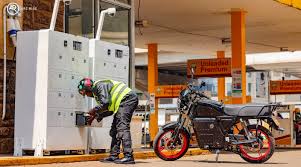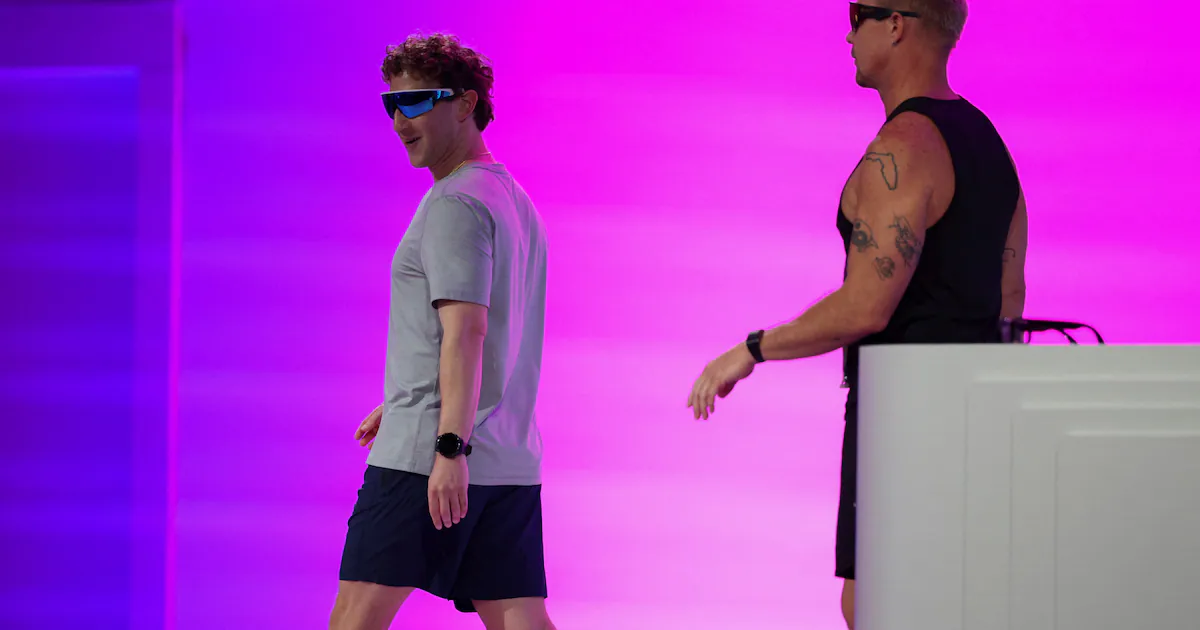By Radarr Africa
Copyright radarr

Sustainable investment firm, Mirova, has committed up to US$10 million in five-year debt funding to ARC Ride, a Nairobi-based electric mobility startup, marking its first electric vehicle investment in Sub-Saharan Africa. The French asset manager said the financing would support the rollout of more than 600 battery-swapping cabinets and 25,000 batteries across Kenya.
The deal comes just months after ARC Ride secured US$5 million from British International Investment (BII) to finance the deployment of 5,000 electric motorcycles and expand its battery-swapping network. Founded in 2019, ARC Ride has positioned itself as a Battery-as-a-Service (BaaS) operator, assembling two-wheelers locally and giving riders access to automated battery exchange stations, a model designed to reduce operating costs and address challenges around charging and range limitations.
Speaking on the new partnership, ARC Ride Chief Executive Officer, Joseph Hurst-Croft, said the investment would enable the company to accelerate its vision of transforming urban transport. “With Mirova’s support, we’re not only scaling our operations in Kenya, we are laying the groundwork for a cleaner transport future across wider regions in Africa,” he said.
According to the company, its business model is designed to address two key barriers to the adoption of electric motorbikes in Africa—high upfront purchase costs and “range anxiety,” which remains a major concern for commercial riders. The BaaS model allows riders to acquire electric motorcycles at lower costs while swapping batteries at designated stations, reducing downtime and ensuring operational efficiency.
ARC Ride estimates that each electric motorbike deployed under its system will cut roughly two metric tonnes of carbon dioxide emissions annually. With Kenya’s transport sector contributing about 13 per cent of the country’s greenhouse gas emissions, the shift to electric mobility is seen as a crucial element in both climate action and development policy.
Mirova, which manages €33 billion in assets and operates as an affiliate of Natixis Investment Managers, structured the facility under its Gigaton Fund. The fund targets climate-focused solutions in emerging markets, with a particular emphasis on de-risking private capital through blended finance models. The Nairobi-based investment team at Mirova was directly involved in structuring the transaction, underscoring the growing role of African offices in shaping global investment flows into the continent.
Commenting on the partnership, Rim Azirar, Deputy Head of Emerging Market Energy Transition at Mirova, described ARC Ride’s strategy as transformative. “ARC Ride is redefining urban mobility in Africa through a scalable model that reduces emissions and improves livelihoods,” she said.
The deal signals a growing international appetite for Africa’s emerging electric vehicle (EV) market. Though still at an early stage, analysts expect Africa’s EV industry to expand at a compound annual growth rate of more than 10 per cent between now and 2029. This growth is projected to be driven by rising petrol and diesel costs, government incentives, and falling prices for EV technology.
Industry observers note that motorbike taxis, popularly known as boda bodas in Kenya, provide millions of daily trips and form an essential part of the transport system in urban centres. With high fuel costs eating into operators’ incomes, electric motorcycles could provide a cheaper and cleaner alternative if supported by the right infrastructure. ARC Ride’s battery-swapping model directly addresses this, making it easier for riders to adopt EVs without facing the challenge of long charging times or access to reliable electricity.
The investment also reflects a broader trend of sustainable finance flowing into Africa’s infrastructure and mobility sectors. Blended finance structures, such as Mirova’s, aim to reduce risk for commercial investors while delivering climate-positive outcomes. With growing interest from multilateral institutions, private investors, and development finance bodies, industry players believe e-mobility could become one of the fastest growing segments of Africa’s green economy over the next decade.
Analysts say that while financing and scaling remain key challenges, successful partnerships like ARC Ride and Mirova’s could create models for replication in other African markets. Countries such as Rwanda, Nigeria, and Uganda are also exploring e-mobility solutions, with pilot projects already underway. If adopted widely, these initiatives could not only reduce emissions but also improve livelihoods, lower transport costs, and contribute to energy security by reducing dependence on imported fuel.
For ARC Ride, the latest funding round marks another step in building a regional footprint. The company has already signaled plans to expand beyond Kenya into other East African markets, leveraging lessons learned from Nairobi’s urban transport sector. With new investments secured, industry experts will be watching closely to see how quickly the company can scale and whether its model proves financially sustainable.



